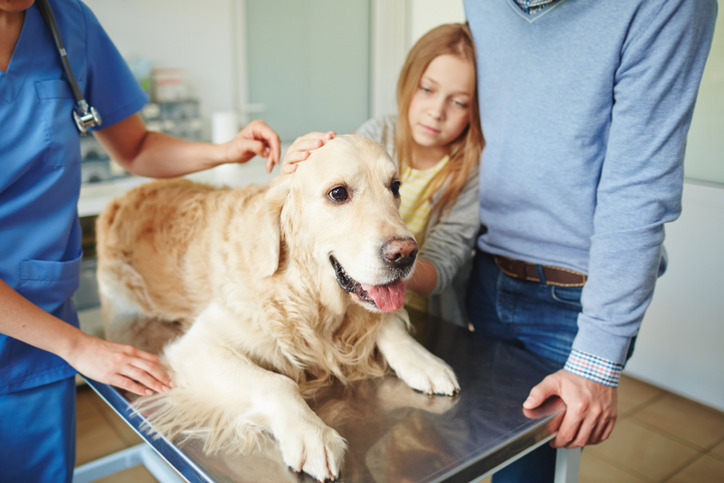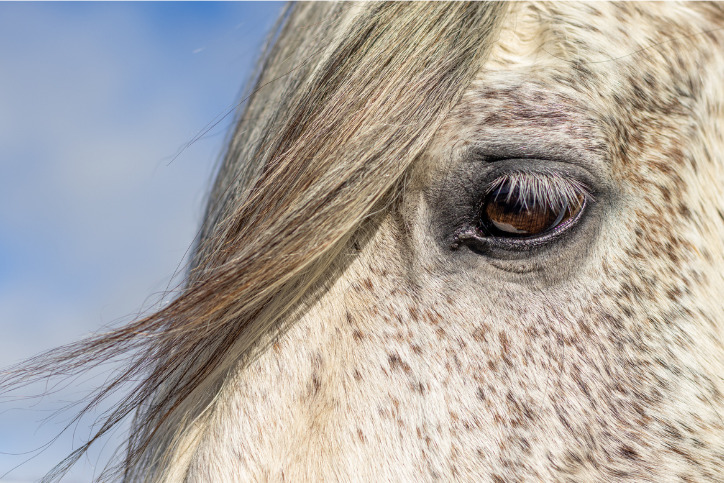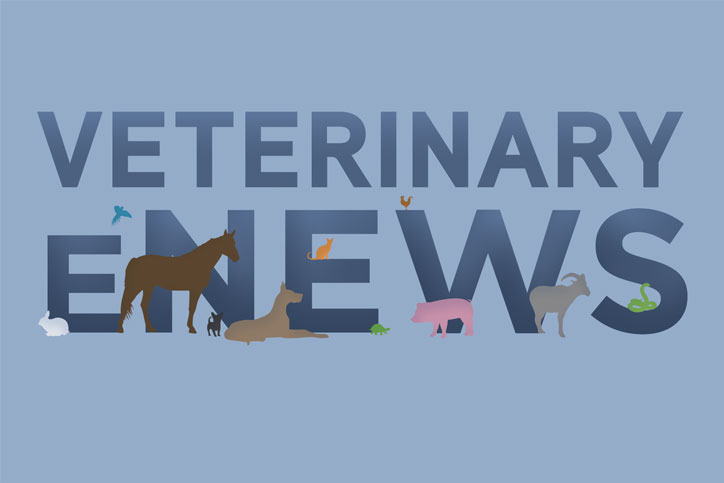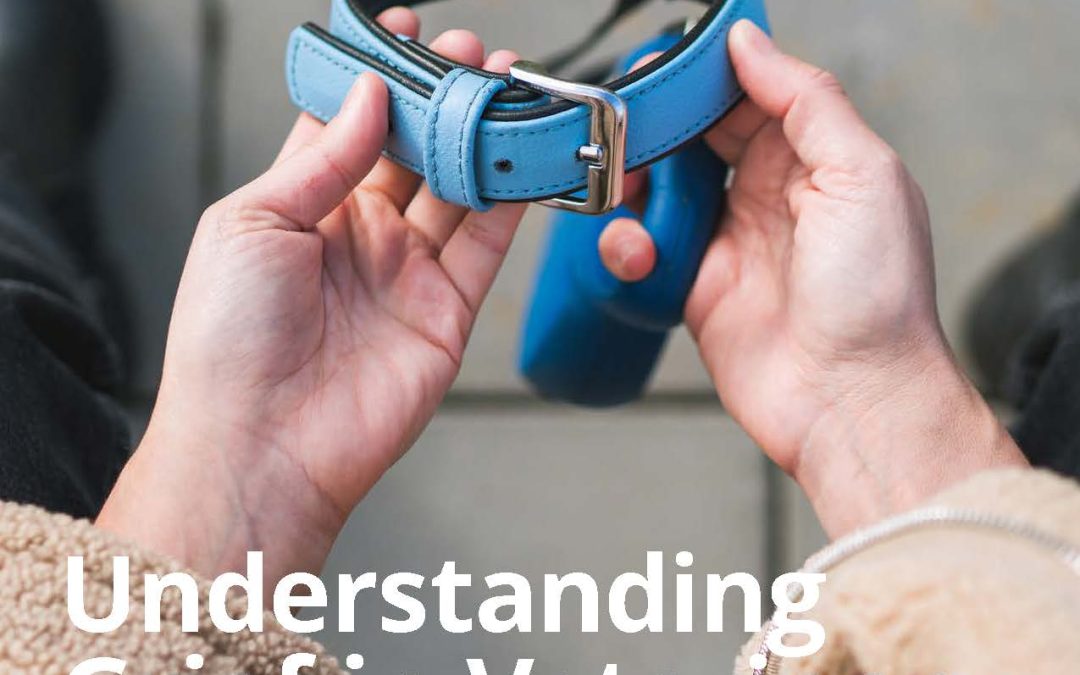NYS-VC features Behavior Track NYSVMS Register now for the 2024 NYS-VC Saturday, October 5th to Monday, October 7th onsite at Cornell University CVM, online and on-demand. The conference schedule is now posted on the website-under Program then Agenda. The Behavior...
Nominations open for 2024 NYSVMS Awards-Deadline is July 29th
NYSVMS
The NYSVMS awards program is the way to honor veterinarians and their important work in NYS. NYSVMS confers five awards annually. This year the requirements have changed. Nominations no longer have to be approved by the regionals. The person nominating must fill out a simple 1-page nomination form and include the nominee’s resume as well as a letter of recommendation. These nominations are then reviewed by the NYSVMS Awards Committee for the awards listed below. The committee chair then presents its recommendations to the executive board which gives final approval. Nominations for the 2024 Awards are being accepted now through July 29, 2024. For the nomination form and description of the award categories, go to: https://nysvms.org/awards/.
Registration is open for 2024 NYS-VC!
NYSVMS
Registration is now open for the 2024 NYS-VC at www.nysvc.org. The conference is Saturday, October 5th to Monday, October 7th onsite at Cornell University CVM, online and on-demand. The conference schedule is now posted on the website-under Program then Agenda. Choose from over 90+ continuing education sessions, visit with exhibitors, participate in labs, games and so much more! CE topics include: Controlled Substances, Small Animal and Equine Behavior, Practice Management, Emergency & Critical Care, Exotics/Pocket Pets, Wellbeing, LVT track and Medical Genetics. Don’t miss out on our biggest event of the year! Register now at www.nysvc.org.
Cornell and Ugandan researchers reveal role of ticks in African swine fever transmission
Cornell University CVM
African swine fever (ASF) is a viral hemorrhagic disease that has spread globally and killed more than half the world’s population of pigs since 2007. A new paper by researchers at Cornell and Makerere University in Uganda confirms that a species of ticks is responsible for maintaining and spreading ASF infections among domestic pigs in Uganda. Their work, completed by a Makerere University Master’s student Edrine Kayaga, was published in Frontiers in Veterinary Science and supports the basic science needed to tackle this devastating disease.
Cornell’s Duffield Institute takes big steps forward to understand animal behavior
Cornell University CVM
The Duffield Institute for Animal Behavior at Cornell’s College of Veterinary Medicine (CVM) is making big strides in understanding animal behavior and improving the lives of pets and people who care for them. With the recent arrival of Dr. Sun Kim, the newly appointed Dave and Cheryl Duffield Professor, the institute’s core team is complete and advancing or launching a variety of research and teaching programs.
In Memory: Childers, dedicated volunteer and practitioner, dies at 93
AVMA
Dr. Henry E. Childers, a former president of the AVMA and the American Animal Hospital Association (AAHA) who once quipped he had to be “dragged kicking and screaming” into retirement after decades as a small animal practitioner, died April 15, 2024. He was 93. Dr. Childers was born July 29, 1930, in Selma, Alabama. A lover of animals and science, veterinary medicine was a natural fit for Dr. Childers, who graduated in 1954 from Auburn University College of Veterinary Medicine.
These veterinarians have seen it all — here are their stories
AVMA
Veterinarians have seen it all with their furry, feathered and scaly patients. As Courtney Bellew, the CEO of Hub Veterinary Group in Port Chester, NY, put it, the real show often happens behind the scenes. “From anal gland explosions to the comical chaos of worm wrangling, we witness it all,” said the veterinary practice exec. But “amid the mess and mayhem, there’s a treasure trove of heartwarming and hilarious tales waiting to be shared.” Ahead, three of those touching tales.
How puppy behaviors can be linked with health issues
DVM360
Nationwide analyzed its own data from more than 22 million pet insurance claims to observe how certain breeds are prone to more health issues like injuries, trauma, and/or ingesting foreign objects. The insurance company also noticed from this data that several claims came from accidents that are usually more likely to occur with puppies. Puppies can be more prone to getting hurt because their natural curiosity often leads them into situations in which they are unaware can be dangerous. However, experts at Nationwide noticed these carefree behaviors and “getting into trouble” tendencies were also happening with adult and senior dogs.
Equine lower airway evaluations: From start to finish
The Horse
When and how do veterinarians evaluate horses’ lower airways? The widespread application of endoscopy in the early 1980s revolutionized veterinarians’ ability to comprehensively evaluate horses’ upper airways. Even the mighty 1-meter scope, however, cannot extend much beyond the carina—where the trachea divides into the right and left mainstem bronchi—leaving the lower airways out of reach and sight.












Recent Comments